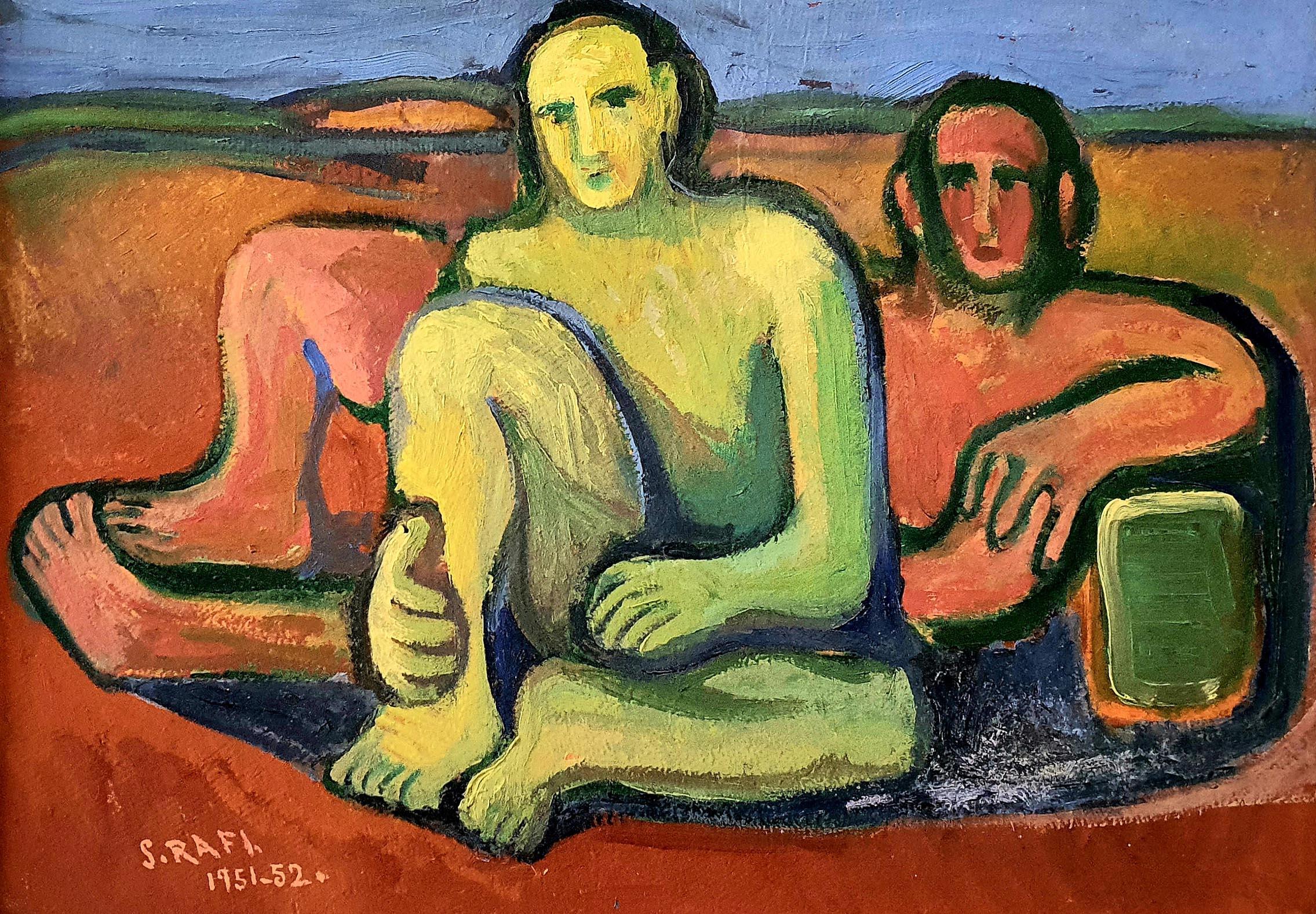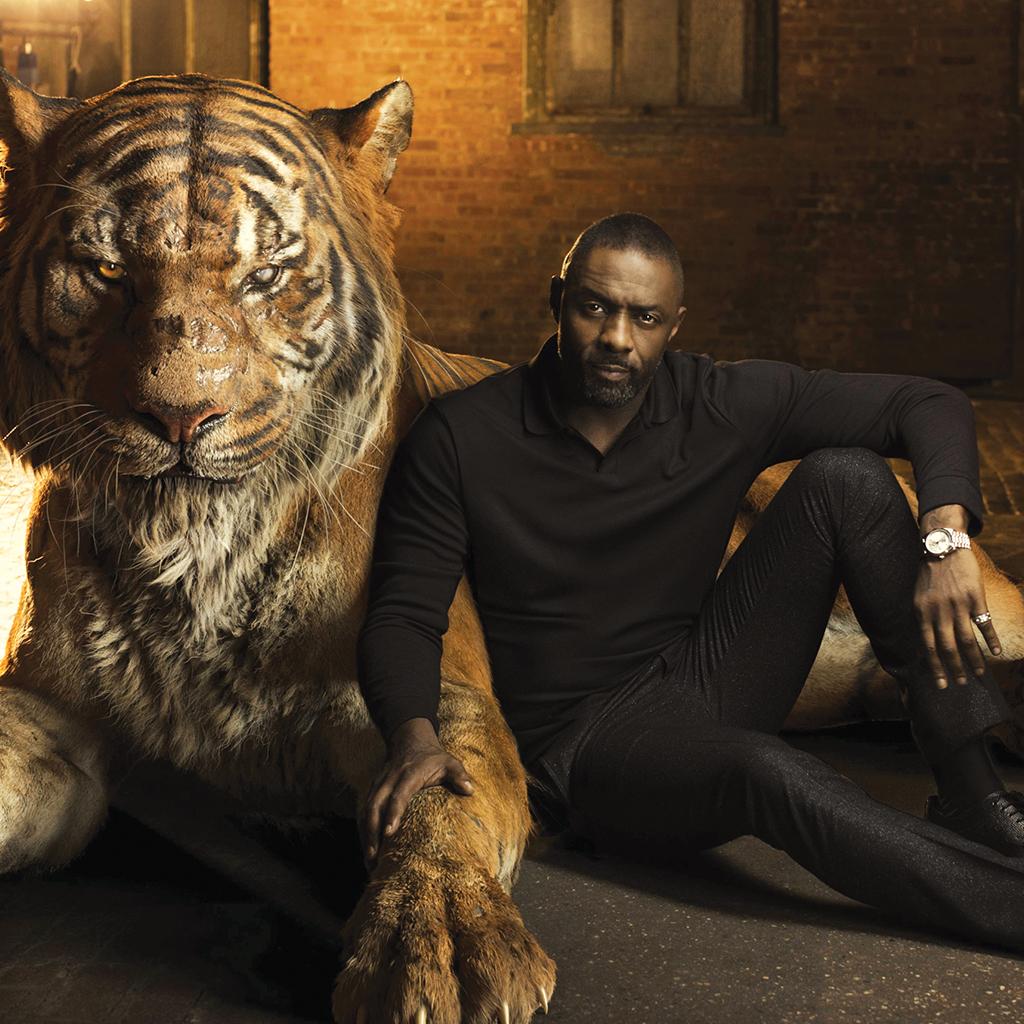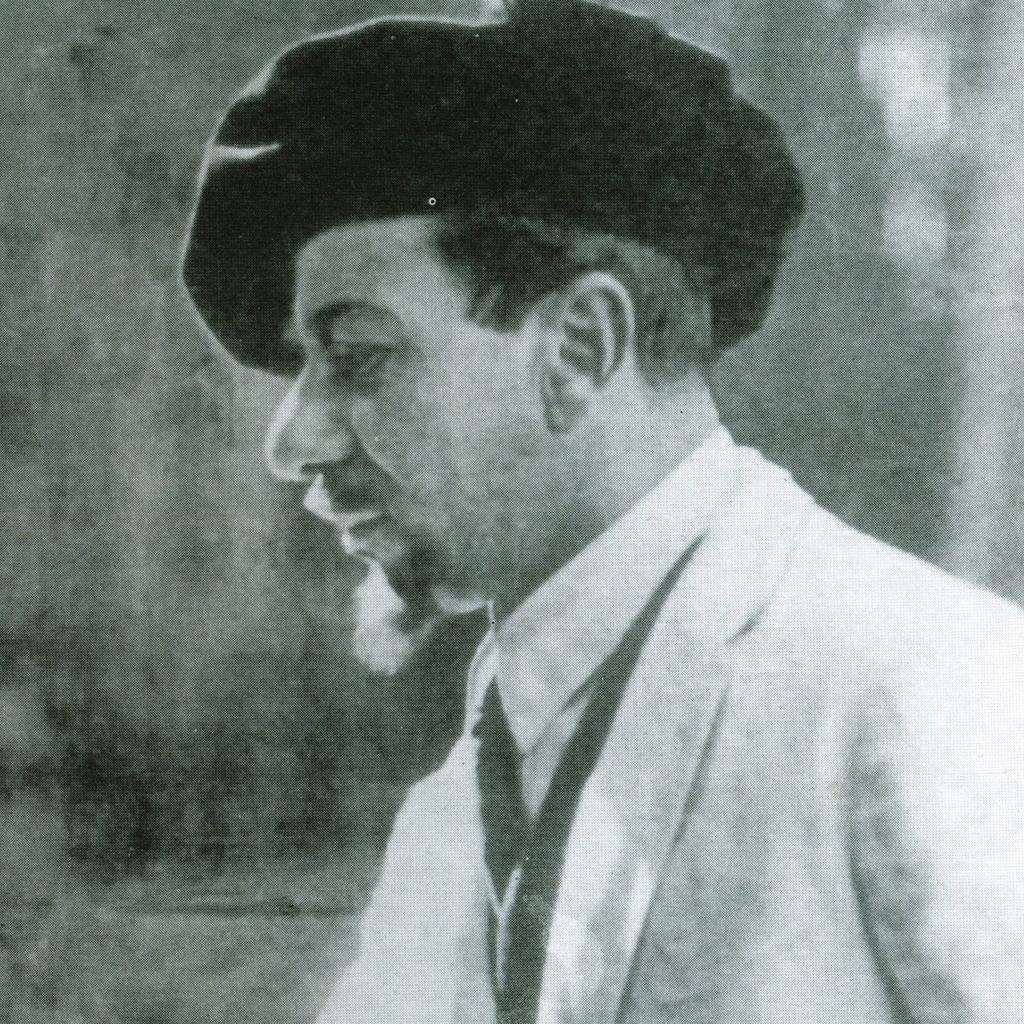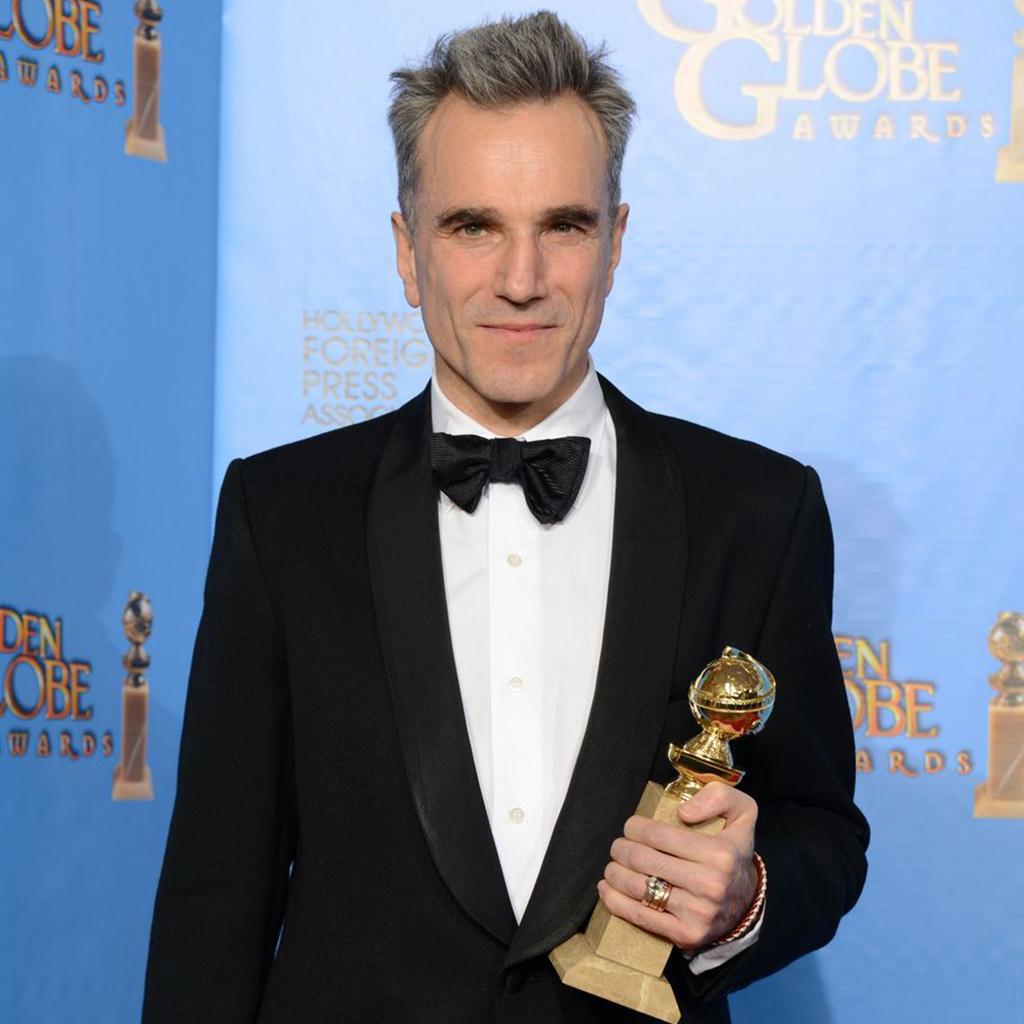
Date: 2013-02-18
Method Actor Extraordinaire
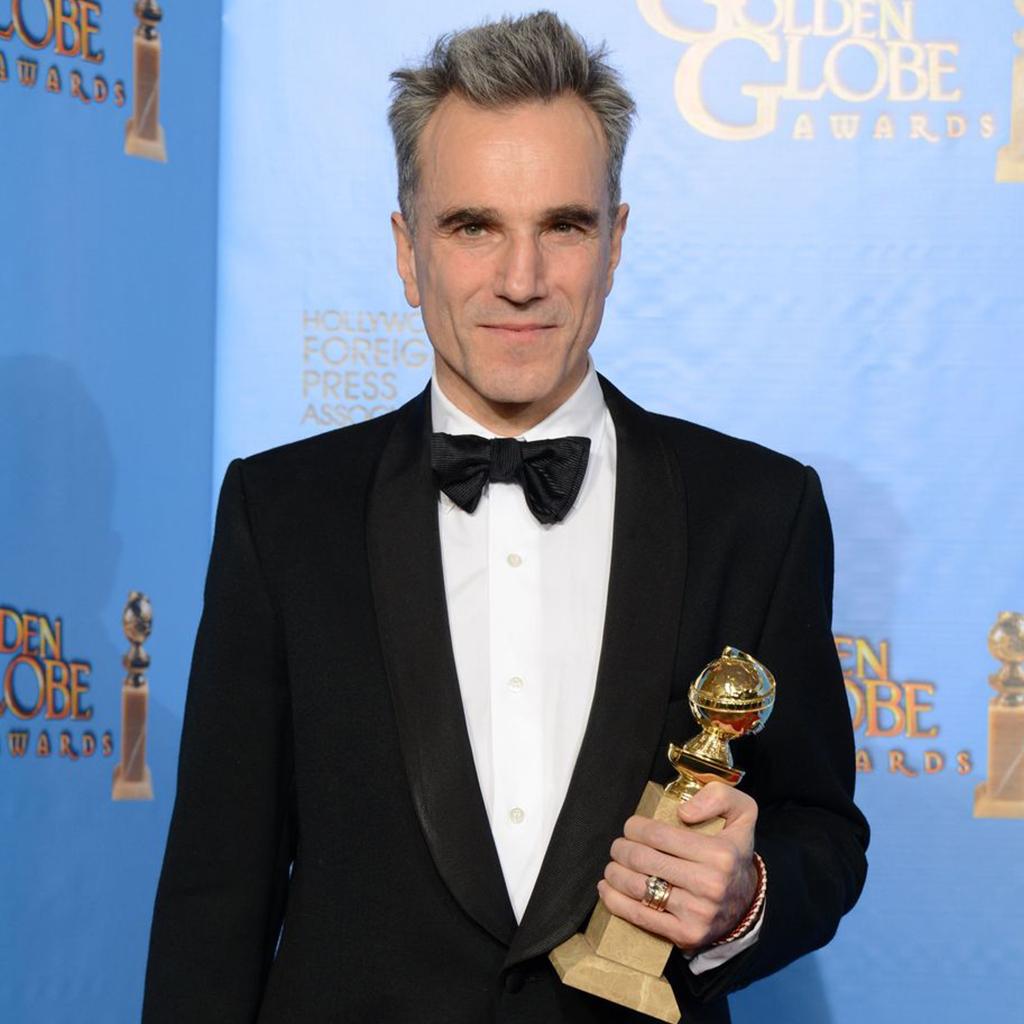
Daniel Day-Lewis won the Best Actor Award for his performance in Lincolnat the 18th Annual Critics' Choice Awards at Barker Hangar on 10 January in Santa Monica, California. It was his fourth nomination and his third win following best actor for There Will Be Bloodin 2008 and Gangs of New Yorkin 2003.
Steven Spielberg's Lincolnwas a hot favourite for the 70th Annual Golden Globe Awards in Beverly Hills, Californiaon 14 January but it was the Ben Affleck directed hostage drama, Argo,which won the best motion picture drama award. However, Day-Lewis was lauded for his role as the 16th US President Abraham Lincoln and declared best actor.
The highlight of the evening was a surprise appearance by former President Clinton.
"Are you sure there's room for another ex-president on the stage," Lewis asked while accepting his award.
At the 2013 BAFTA Awards on 11 February, there was a repeat performance with Argonamed best film and Day-Lewis best actor.
The film, which is leading at the Oscars with 12 nominations including Day-Lewis for a Best Actor Academy Award, will reveal all at the presentations on the last Sunday in February and if ‘lady luck’ is with him that night.
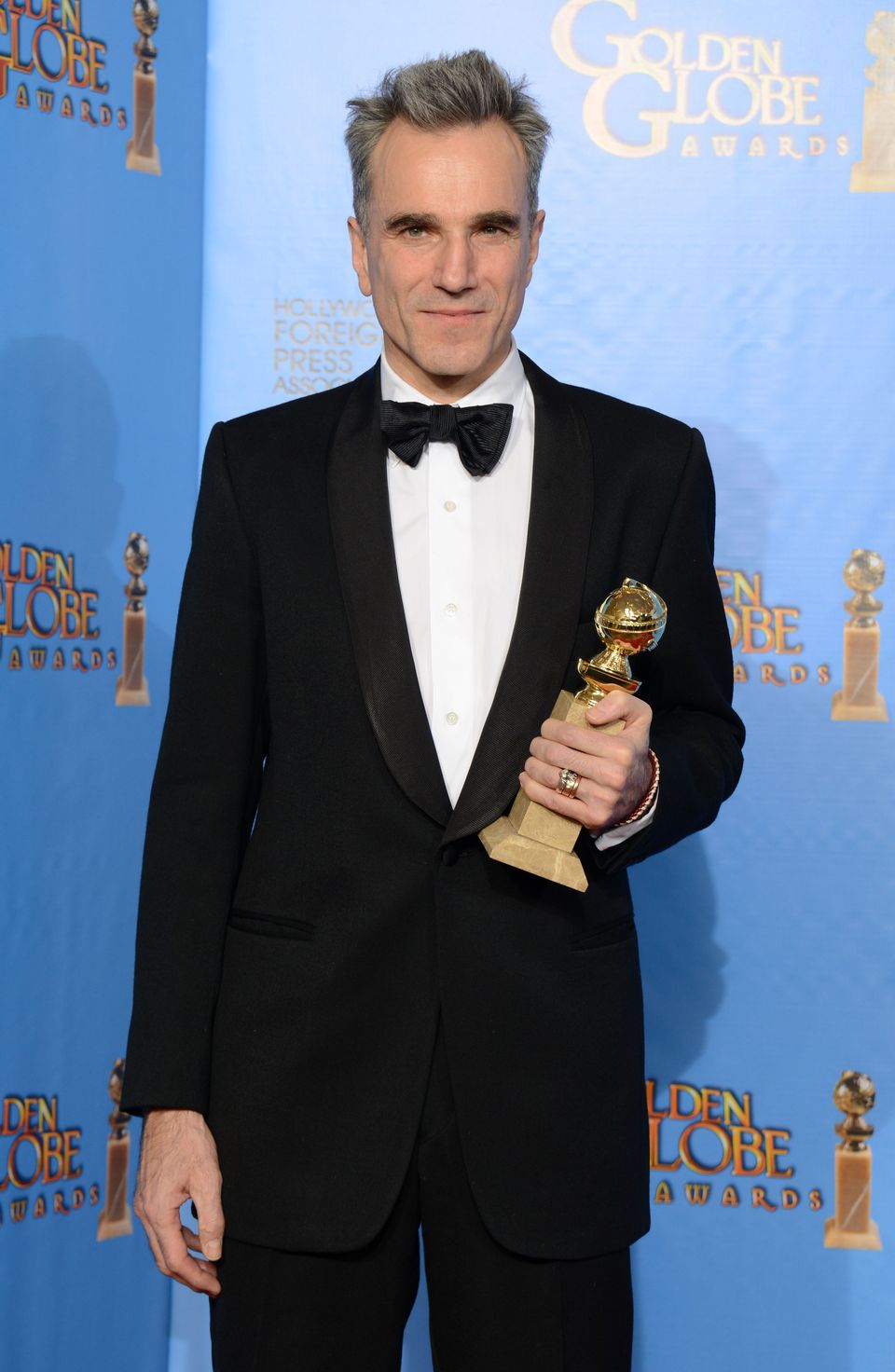
In Lincoln, as the Civil War continues to rage, America's president struggles with continuing carnage on the battlefield and fights with many inside his own cabinet on the decision to emancipate the slaves.
Daniel Day-Lewis takes the expression ‘professional actor’ way beyond most people’s definition in the industry. He can be difficult to work with and is considered by many to be the most extreme method actor and, consequently, the finest actor of all.
The eccentric British-Irish actor put in some serious research to play Abraham Lincoln, focusing particularly on the 19th century President’s unusually high pitched voice and, reportedly, put a ban on English cast members talking to him in their own accents.
He was born Daniel Michael Blake Day-Lewis on the 29 April, 1957, into an illustrious family. His father, Cecil Day-Lewis was a writer and a poet of such distinction he served as Poet Laureate between 1968 and his death in 1972. Also, writing as Nicholas Blake, he published some 20 detective novels, the hero being Nigel Strangeways modelled on the poet WH Auden, one of Cecil's peers at Oxford. His mother, Jill Balcon, was an actress who had appeared in such hit films as Saraband For Dead Loversalongside Stewart Granger and Joan Greenwood. Much of Jill's early work was done for Ealing Studios, then at the height of its powers. Not in the least bit co-incidentally, Jill's father was Michael Balcon head of Ealing Studios from 1937 to 1959.
Day-Lewis was born in Kensington, London and the family moved a few months later to Greenwich. There he grew up along with his older sister, Lydia Tamasin known as Tamasin, who would later become a renowned documentary film maker and TV chef. As Cecil was consumed by his work and Jill, as she later admitted, was consumed by Cecil, the kids grew very close, playing together constantly and acting out little dramas. Tamasin can recall young Daniel leaping from the nursery windowsill, pretending to be Yuri Gagarin, the first man in space.
Before he eventually died of cancer, Cecil suffered a series of heart attacks, first being hospitalised when Day-Lewis was just eight. Consequently for the kids, death was never very far away and this had a deep effect on the young boy. Nevertheless, his was not an unhappy childhood.
September 1968 saw a major change in the life of Day-Lewis. He was a pretty wild kid and in order to instil some discipline into the boy, his parents decided to send him to Sevenoaks, a boarding school in Kent. He hated it; hated everything about it but it did introduce him to two great loves. The first was woodwork and then acting; Daniel making his debut in Cry, the Beloved Country. After two years he was sent to join his sister at the more progressive Bedales in Petersfield. The summer before the move saw him make his film debut. John Schlesinger was in town, filming the controversial bisexual drama Sunday Bloody Sunday. Some young thugs were needed to scratch some flash cars with broken glass and Day-Lewis was among them.
The film was a big hit and a critical success. The intensity of the lead performances by Peter Finch and Glenda Jackson, both nominated for Oscars, foreshadowed that of Day-Lewis in his later career. Coincidentally, his mother Jill would make a brief comeback in the TV series Elizabeth Rin 1971, the same year Sunday Bloody Sunday was released.
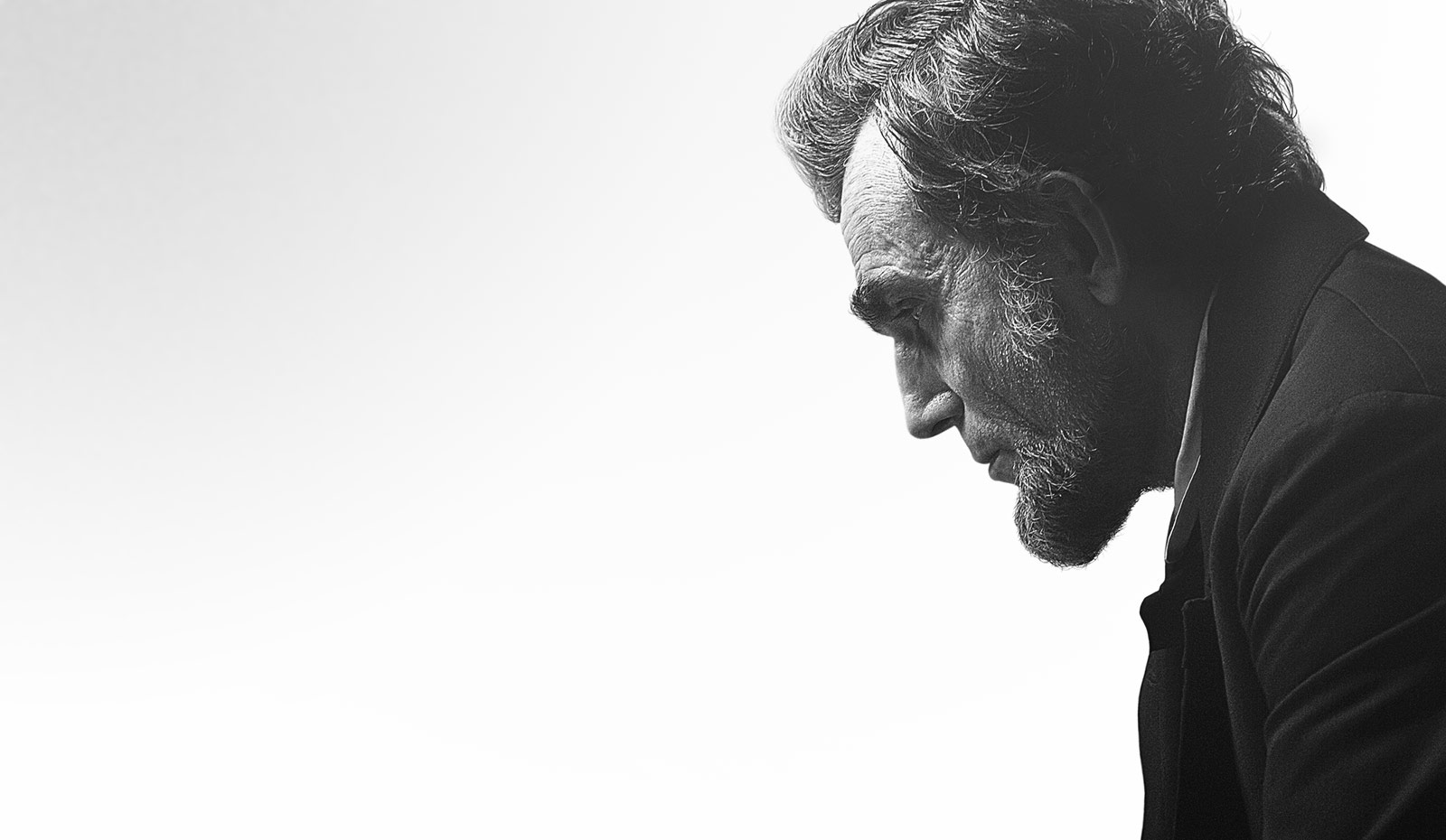
At Bedales he began to act seriously in school productions, at one point playing the dashing young Prince Florizel in Shakespeare's The Winter's Tale. Sadly, it would be the only time his father saw him perform.
After a long illness, Cecil died in May 1972. Hit hard by the death of his father, the boy threw himself into the activity he now loved the best, not acting but woodwork.
Leaving Bedales in 1975, Daniel now had to make a hard career choice. Excelling onstage, he had been taken on for a spell at the National Youth Theatre but though he loved acting, he found something "seedy" and "distasteful" about backstage life. He decided instead to become a cabinet maker, applying for a five year apprenticeship but his lack of experience meant he was turned down.
So it was to be acting; Daniel would join the Bristol Old Vic Theatre School eventually performing at the Bristol Old Vic itself.
Day-Lewis did not really enjoy his time at the Old Vic. He was not keen on the classics or rather he was not keen on the notion that all actors must serve their apprenticeship studying them. Something of a firebrand, he was more drawn to angry works dealing in contemporary politics, such as those of Barrie Keefe, who had just written The Long Good Friday.Then Day-Lewis discovered the works of Stanislavsky and had begun working on his own method. This would allow him to follow a dream he had had since 1976 when he had been awe struck by Martin Scorsese's Taxi Driverand wanted to be able to enter a role as fully as Robert De Niro had.
He was motivated and in 1983 filmed a blockbuster appearing as John Fryer, the sulky, skulking, cowardly First Mate of Anthony Hopkins' Captain Bligh. It was a fine effort yet famous critic, Pauline Kael picked him out in her review noting that he "seems like a bad actor". How things change! On his return in the autumn the "bad actor", now renowned as one of British theatre's greatest prospects, would join the Royal Shakespeare Company. However, the golden boy proved to be too much of a handful for the thespian troupe. Daniel would star for them as Romeo in John Caird's Romeo and Julietwith Amanda Root as his star-crossed lover and as Flute in Sheila Hancock's A Midsummer Night's Dream. However, he did not make it through his first short tour, being replaced in both parts.
Day-Lewis' breakthrough came In 1985 when he starred in My Brother Jonathanfor the BBC, a mini-series based on the 1928 novel by Francis Brett Young, wherein he would play a gradually disillusioned small town doctor overshadowed by his more dashing brother, both in life and love. Then he really came to the attention of the British public in My Beautiful Laundrette. Penned by Hanif Kureishi and directed by Stephen Frears, this saw Gordon Warnecke as an Asian kid who takes over his uncle's laundrette and must deal with the racism, sexism, homophobia, colonialism and snobbery of the Thatcher years. Helping him in his endeavours and complicating matters somewhat, is racist thug Johnny, who also happens to be his lover.
It was an excellent performance, with Daniel rough, cruel and narcissistic but also capable of tenderness. As soon as filming had finished he moved on to his next project, EM Forster's A Room with a View.Here he played Cecil Vyse the priggish and awkward fiance of Helena Bonham Carter's Lucy Honeychurch.
My Beautiful Laundretteand A Room with a Viewopened on the same day in New York City, Daniel impressing everyone with the depth and variety of his performances. He was named Best Supporting Actor by the New York Film Critics.
Later, he took the lead in Jim Sheridan's My Left Foot, the real life story of Christy Brown, a boy born with cerebral palsy who only had control over his left foot. Born into a large, poor family in a Dublin slum, he must first convince people that he was not a vegetable then find some way to express himself physically, emotionally and creatively. This he does amazingly by learning to write and paint with his foot.
The role was a challenge even for an actor of Daniel's calibre. To research it, he rented a house near the Sandymount School and Clinic in Dublin, a leading centre in the treatment for the disabled, spending months studying the patients and later becoming a benefactor. On set he became Brown, refusing to leave his character and remaining in his wheelchair throughout. So firm was he on this that the crew had to pick him up and carry him over cables and such, cursing him all the way.

When this intense shoot was done, Daniel moved immediately on to Argentina to film Eversmile, New Jersey. Here he was Dr Fergal O'Connel a maverick dentist on a motorbike, teaching the Patagonian natives about oral hygiene.
It was back to the stage in 1989 but it was 1990 that sealed his future when, at the Oscars, he took out Tom Cruise and Kenneth Branagh to snatch Best Actor for My Left Foot. He returned to Sandymount to show the kids the award they had helped him win then he took a year out.
For the part of Hawkeye in The Last of the Mohicans, Day-Lewis studied hunting and the woodsman's craft and added 20 pounds of muscle to his physique with a strict training regime and a diet of 5000 calories a day.
Consequently,The Last of the Mohicanswas one of the best action movies ever made. Daniel was excellent in his baleful disrespect for the British officers, noble in his struggle with the vengeful Huron war-chief Magua and wholly passionate in his affair with Miss Cora Munro played by Madeleine Stowe.
Day-Lewis had great respect for Martin Scorsese and so when the director approached him before the shooting of Mohicans, he was all ears. The result was The Age of Innocence, based on Edith Wharton's novel. Taking place in 19th Century New York, this saw Daniel as Newland Archer, a staid fellow engaged to an equally prim Winona Ryder. All goes well until Ryder's cousin, Elena Olenska shows up. Played by Michelle Pfeiffer, she has split from an abusive husband and is thus frowned upon by polite society. Archer defends her then falls for her but dare he do the dirty on Ryder? Ryder, who was Oscar nominated for her role, called Day-Lewis "my perfect leading man". Of course, rumours of an affair abounded; Pfeiffer, on the other hand, complained of the tobacco on his breath.
Now the offers were flooding in. Daniel turned down the leads in Philadelphiaand The English Patientas well as Schindler's List, to which he was attached while Martin Scorsese was onboard as director. Instead, he joined Jim Sheridan and with the late Pete Postlethwaite with In The Name Of the Father. This was the true life tale of the Guildford Four based on Proved Innocent, the autobiography of Gerry Conlon. Gabriel Byrne had bought the rights intending to star in it himself but decided to executive produce when Day-Lewis showed an interest.
Here Daniel played Conlon, a Belfast petty crook who, although in London at the time of the Guildford pub bombings, is coerced by the police into confessing and jailed alongside his father (Postlethwaite). Thus begins a long battle for justice with aid coming from sympathetic Brit lawyer Emma Thompson.
It was stirring stuff, with Daniel Oscar nominated again but beaten by Tom Hanks in Philadelphia.
Now Daniel made a big move, assuming Irish citizenship and buying a five bedroom Georgian house called Castlekevin at the foot of Wicklow Mountains. By the end of 1993, his French actress partner, IsabelleAdjani had moved in but the end was nigh. They split for 8 months, Daniel spending his time working on the house and estate; they were then briefly reunited before splitting for good; a horrible report spread that Daniel had dumped her by fax. Adjani denied it, adding that she was pregnant much to Daniel's chagrin. A boy, Gabriel Kane would be born in the spring of 1995.
The birth would bring yet more controversy. Come 1995, Daniel was spending time in New York as was the now divorced Julia Roberts. The press were trying everything to catch them together while berating Daniel for seeing another woman while Adjani was giving birth to his child.
Feeling utterly persecuted by the press, Day-Lewis was in the perfect state of mind for his next role as John Proctor in Arthur Miller's The Crucible, a part he'd turned down twice before. He played a strict 17th Century farmer married to Joan Allen. He engages in an affair with young Abby Williams but ashamed of his behaviour he terminates it, leading Abby to accuse Allen and many others of witchcraft. Thus the Salem witch trials begin and Day-Lewis was fine as Proctor, a flawed but noble man who sacrifices his life for his good name.
By mid 1996, Day-Lewis was engaged to Rebecca Miller, the stage actress daughter of Arthur Miller. They married that November.
Day-Lewis now moved to Ireland and Jim Sheridan for The Boxer.This saw him as Danny Flynn, a man jailed for 14 years for IRA activities. Now released, he starts a gym for youngsters and rekindles a relationship with old flame Emily Watson but has trouble escaping his past. It was a difficult shoot with Daniel wanting to concentrate on the boxing and Sheridan on the romance. Nevertheless, it was a moving piece with Daniel nominated for a Golden Globe.
Tired of the whole process, Daniel went into semi-retirement. A son, Ronan, was born in 1998 with Cashel Blake following in 2002 and the next year the family spent time in Florence. However, he couldn't stay away from films forever, especially not when Scorsese came calling again. The director had for years been trying to bring his Gangs Of New Yorkidea to the screen and now had the finance.
The film was set in New York in the mid 1800s, concerning gang wars between native Brits and immigrant Irishmen, coming to a head with the Draft Riots of 1863. Robert De Niro was to play Brit gang leader William Cutting, known as Bill the Butcher who had killed an Irish leader only to have his son, Leonardo DiCaprio seek revenge some 17 years later. Daniel was interested in the part of the Irish father.
Coming to New York to discuss the part with Scorsese and DiCaprio he discovered that De Niro had dropped out and allowed himself to be persuaded to take on the part of Bill the Butcher. With his huge top hat, bizarre accent, quirky philosophising and manic brutality, Bill was one of Daniel's greatest creations. Once again, he stayed in character on and off set, constantly sharpening his knives and even continuing to act after DiCaprio had accidentally broken his nose in a fight sequence.
There Will Be Blooddirected by Paul Thomas Anderson and very loosely based on Upton Sinclair's 1927 novel Oil! It would see him digging for gold in California then striking lucky in the oil business, the film charting the corrosive effect of his pursuit of wealth and power. In this, it was comparable to both Citizen Kane and James Dean's Giant but it also concentrated on the clash between capitalism and religion at the heart of American society. It was another prime role for Daniel, its grand scope allowing him to disappear into his malevolently antisocial character. Yet again he was said to be a dead cert for the Oscar. This time they were right, 23 February 2008, seeing him pick up his second Best Actor award.
A complicated character is Daniel Day-Lewis. In New York on September 11th, 2001 he tried to give blood but the lines were too long. Instead, he helped transport boxes of ice to hospitals, to keep the blood fresh. Once he decided to do something, he had to really DO something. The same goes for every part he plays; he puts everything into it and in these days, where actors are paid $20 million just for showing up, he's one of the few that really sweats blood for the money. This is what makes him enviable, award-winning and great.
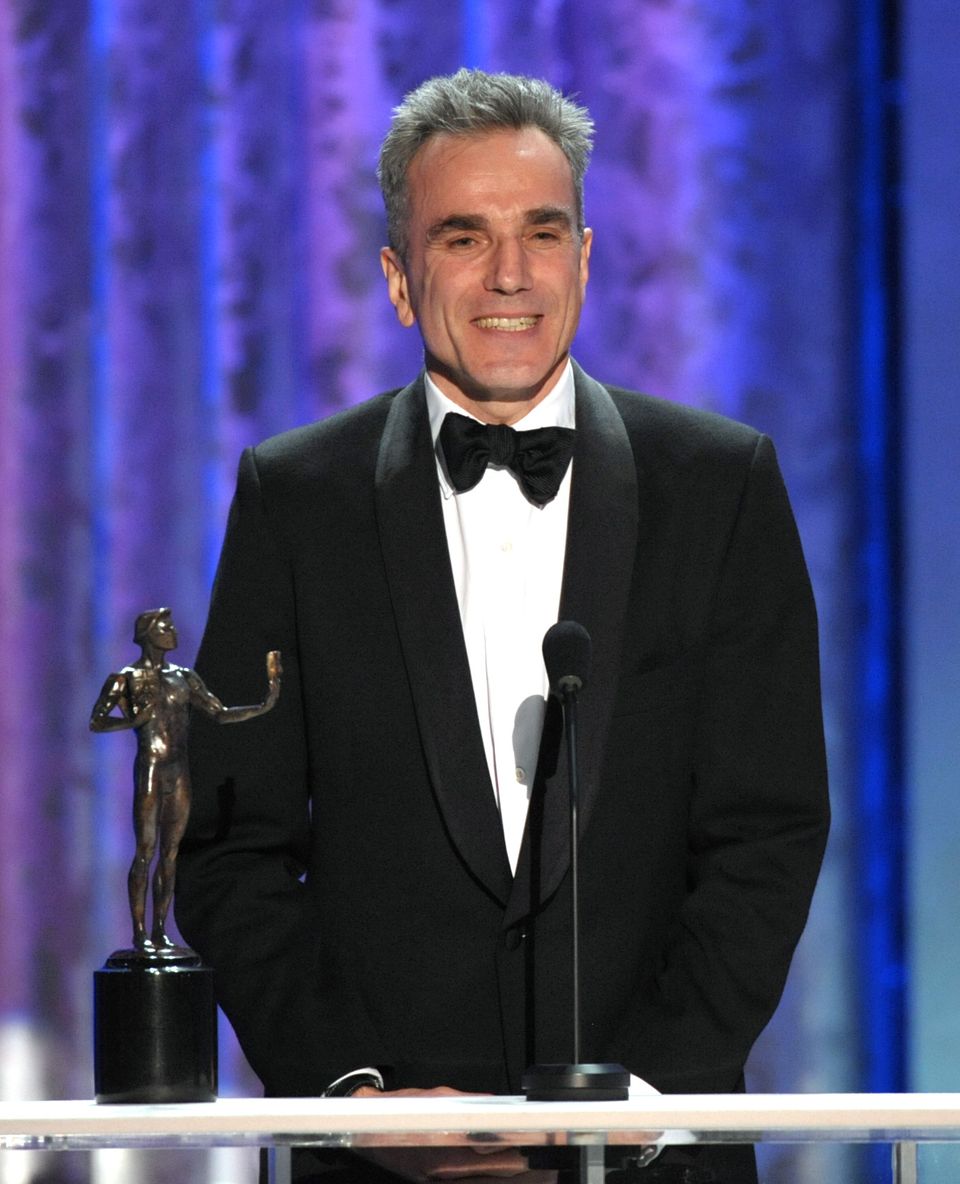
Daniel Day-Lewis: Out of the Limelight
Daniel Day-Lewis’ status as an A-list Hollywood actor has ensured a total transformation in his financial fortunes and today the actor is worth more than $40 million. All of this wealth has come in the form of acting fees received from the movies Daniel has made. Press reports suggest that the actor charges in the range of $8 million to $10 million to appear in a film.
The actor’s considerable financial muscle has ensured that he and his family can enjoy a very high standard of living. Daniel owns luxury homes in his native Ireland and in the town of Roxbury in Connecticut, USA. The Oscar winning actor prefers to spend a sizeable chunk of his free time with his family and often takes them to exotic holiday destinations like Rome on vacations. He loves to watch football and is a committed fan of London’s Millwall F.C.
Day-Lewis also devotes a lot of effort to charity work. He has donated money raised by the auctioning of memorabilia from his movie “Lincoln” to the Irish NGO, Wicklow Hospice Foundation, which counts the actor as its chief patron. He has also lent his star appeal to benefit the Canadian philanthropic organisation, “The Brian Linehan Charitable Foundation”.
In New York on September 11th, 2001, he tried to give blood but the lines were too long. Instead, he helped transport boxes of ice to hospitals, to keep the blood fresh.
The actor is very private about his personal life and rarely talks about it in public. Day-Lewis was in a committed relationship with actress Isabelle Adajani which eventually ended after 6 years. The couple's son was born in New York several months after the relationship ended.
In 1996 while working on a play he started dating Rebecca Miller and the pair eventually tied the knot later that year. The marriage has produced two sons to date and the happily married couple constantly shuttle between their American and Irish residences.

